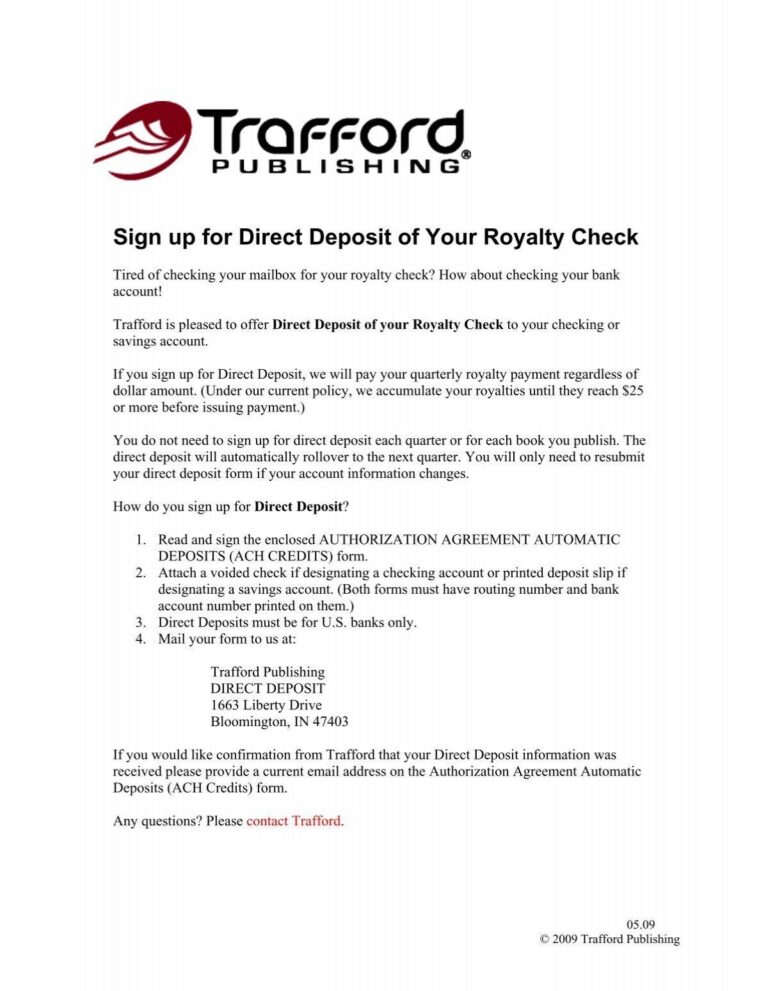Boniface Mwangi Rises as a Prominent Presidential Candidate in Kenya’s 2027 Elections
Human rights activist and social justice champion Boniface Mwangi has officially declared his candidacy for Kenya’s presidency in the upcoming 2027 general elections. Known for his relentless fight against corruption and dedication to grassroots advocacy, Mwangi positions himself as a compelling alternative to the entrenched political establishment. His entry into the race comes at a time when Kenya grapples with pressing challenges such as systemic corruption, youth unemployment rates surpassing 25%, and growing economic inequality that threatens social cohesion.
At his campaign unveiling, Mwangi outlined an ambitious platform aimed at inclusive development and rebuilding public confidence through:
- Stimulating Economic Growth: Emphasizing job creation by supporting entrepreneurship and small enterprises across both urban centers and rural communities.
- Expanding Healthcare Accessibility: Committing to affordable healthcare services that reach marginalized populations nationwide.
- Revamping Education Systems: Introducing reforms focused on elevating educational quality while incorporating vocational training aligned with evolving labor market needs.
- Championing Environmental Sustainability: Advocating for renewable energy projects designed to combat climate change effects impacting agriculture-dependent livelihoods.
Mwangi’s campaign has already sparked grassroots mobilization efforts, including plans for interactive community forums aimed at fostering deeper citizen participation. As political competition intensifies ahead of the polls, many analysts are closely monitoring how this seasoned activist will convert his advocacy experience into electoral success.
Mwangi’s Campaign: A Catalyst for Political Renewal in Kenya
The launch of Boniface Mwangi’s presidential bid marks a significant shift toward people-powered politics within Kenya. His history of exposing corrupt practices and defending human rights has challenged long-standing power hierarchies while energizing civic engagement among disenfranchised groups. This movement is anticipated not only to highlight urgent governance reforms but also to galvanize democratic participation-particularly among young voters who now make up over 60% of registered electorates yet remain underrepresented in mainstream political processes.
Mwangi disrupts traditional party politics by prioritizing transparency, inclusivity, and accountability-values resonating strongly amid widespread dissatisfaction with patronage-driven systems. Key factors amplifying his influence include:
- Diverse Digital Engagement: Leveraging platforms such as Twitter, Instagram, and TikTok allows direct dialogue with citizens without reliance on conventional media filters.
- Civic Empowerment Networks: Collaborations with local organizations enable sustained citizen involvement beyond election periods through policy discussions and community initiatives.
- Evidenced-Based Policy Proposals: Crafting solutions grounded in data analytics targeting economic disparities reduction alongside improved healthcare delivery models.
The coming months will be pivotal as observers evaluate whether Mwangi can transform activist momentum into widespread voter support capable of challenging dominant parties within Kenya’s multiparty democracy. Success here could redefine activism’s role in shaping governance across East Africa more broadly.
Mobilizing Youth Voters: Strategic Pillars of Mwangi’s Presidential Campaign
Youth engagement stands at the heart of Boniface Mwangi’s electoral strategy given that nearly two-thirds of Kenyans are under age 35-a demographic eager for authentic representation. To effectively connect with this vital constituency, the campaign is adopting innovative digital tactics including but not limited to:
- Create Engaging Multimedia Content: Developing relatable short-form videos showcasing young people’s dreams alongside actionable solutions addressing issues like unemployment or education gaps.
- User-Focused Interactive Sessions:
- Tapping Influencer Partnerships:
   Â
Beyond virtual outreach efforts, maintaining consistent physical presence remains crucial-especially within rural areas where internet access is limited but voter turnout potential remains high. Addressing core concerns relevant to young Kenyans further strengthens support; key focus areas include:
   Â
| Key Challenge | Proposed Initiative |
|---|---|
| Youth Unemployment | Implement apprenticeship programs combined with microfinance schemes encouraging startup growth among young entrepreneurs |
| Education Reform | Integrate technical skills training into secondary education aligned with emerging sectors like technology & renewable energy industries |
| Climate Resilience & Sustainability | Invest substantially in solar energy projects & conservation efforts protecting ecosystems vulnerable due to droughts & floods intensified by climate change impacts |
Final Thoughts: Boniface Mwangi’s Vision To Revolutionize Kenya’s Political Landscape
The road leading up to Kenya’s 2027 presidential elections represents a defining moment marked by demands for transformative leadership-a space where Boniface Mwangi stands out due to his unwavering commitment toward justice-driven activism. By pledging transparent governance focused on eradicating corruption while uplifting marginalized communities-especially youth-the backbone demographic-Mwangi aims not merely at securing votes but sparking enduring societal change.
As he navigates an electoral environment traditionally dominated by established politicians backed by entrenched interests; all eyes remain fixed on how adeptly he can channel grassroots enthusiasm into pragmatic policy frameworks appealing across diverse constituencies.
If successful,Mw angi could usher in a new era characterized by participatory democracy anchored firmly on accountability principles-inspiring other African nations facing similar governance challenges.
This unfolding narrative highlights an exciting prospect: one where fresh leadership voices like Boniface Mwa ngi shape equitable futures reflecting collective aspirations rather than narrow elite agendas.







